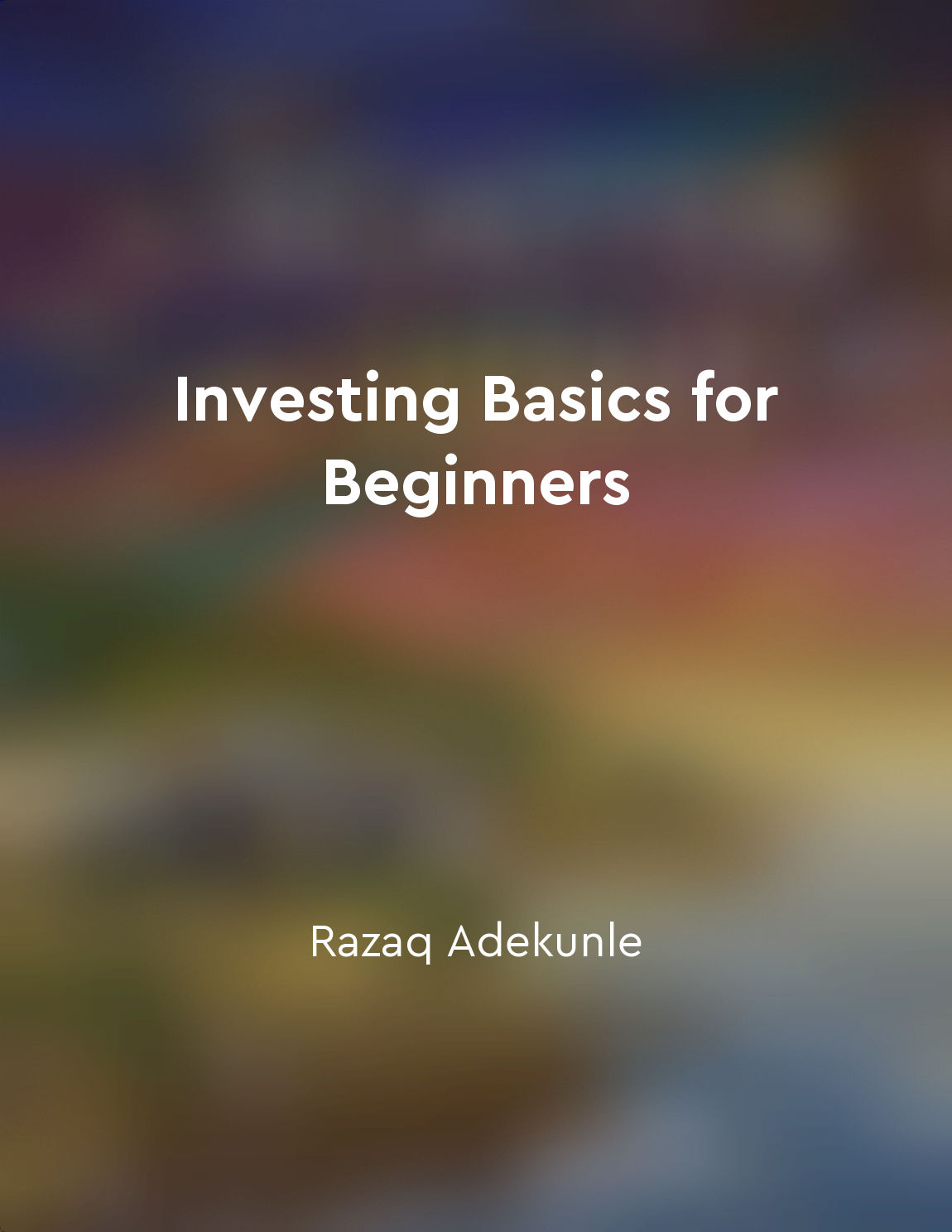Investor behavior can often be irrational from "summary" of Random Walk Guide To Investing by Burton G Malkiel
Investors, despite their best intentions, can sometimes make irrational decisions when it comes to investing. This irrational behavior can lead to poor investment choices and ultimately result in financial loss. One common irrational behavior among investors is the tendency to follow the crowd, known as herd mentality. When investors see others buying or selling a particular stock, they may feel pressured to do the same without thoroughly evaluating the investment themselves. Another irrational behavior is overconfidence, where investors believe they have more knowledge and skill than they actually do. This overconfidence can lead to excessive trading and taking on unnecessary risks in the hope of achieving high returns. Additionally, investors may fall victim to confirmation bias, seeking out information that confirms their preconceived notions about an investment while ignoring evidence that contradicts their beliefs. Fear and greed are also powerful emotions that can drive irrational investor behavior. When the market is performing well, investors may become greedy and chase after high returns without considering the associated risks. Conversely, during market downturns, fear can cause investors to panic sell and abandon their long-term investment strategies. Furthermore, the availability heuristic can influence investor behavior, where individuals rely on readily available information when making decisions. This can lead to biased decision-making based on recent events or news headlines, rather than a comprehensive analysis of the investment opportunity.- Understanding and being aware of these common irrational behaviors can help investors make more informed and rational decisions when it comes to managing their investments. By recognizing these tendencies and taking steps to mitigate their impact, investors can potentially avoid costly mistakes and achieve their long-term financial goals.
Similar Posts

Consider investing in lowcost index funds
Index funds are a type of investment fund that seeks to replicate the performance of a specific market index. This means that i...
Social comparison impacts spending habits
Social comparison plays a significant role in influencing an individual's spending habits. People often look to others to gauge...
Utilize stoploss orders to limit losses
To protect your investment in the stock market, it is crucial to implement stoploss orders. These orders act as a safety net, p...
Confidence in one's research and analysis is vital
One common thread among successful merger masters is the unwavering confidence they have in their research and analysis. This c...
We rely on mental shortcuts to simplify complex decisions
As human beings, we often find ourselves faced with complex decisions that require careful consideration and analysis. However,...
Stay diversified to minimize risk in your portfolio
Diversification is a key principle in investing. By spreading your investments across different asset classes, industries, and ...
Nudges can help guide better behaviors
Nudges are powerful tools that can help individuals make better decisions without limiting their freedom of choice. By understa...
Financial intermediaries play a vital role in connecting savers and borrowers
Financial intermediaries are essential players in the world of finance. They serve as the bridge between those with excess fund...
Diversify your investments
Diversification is the bedrock principle of investing. It is the one concept that every investor should understand and embrace....

Bonds are fixed income securities
Bonds are investments issued by corporations, municipalities, or the federal government. When an investor purchases a bond, the...

